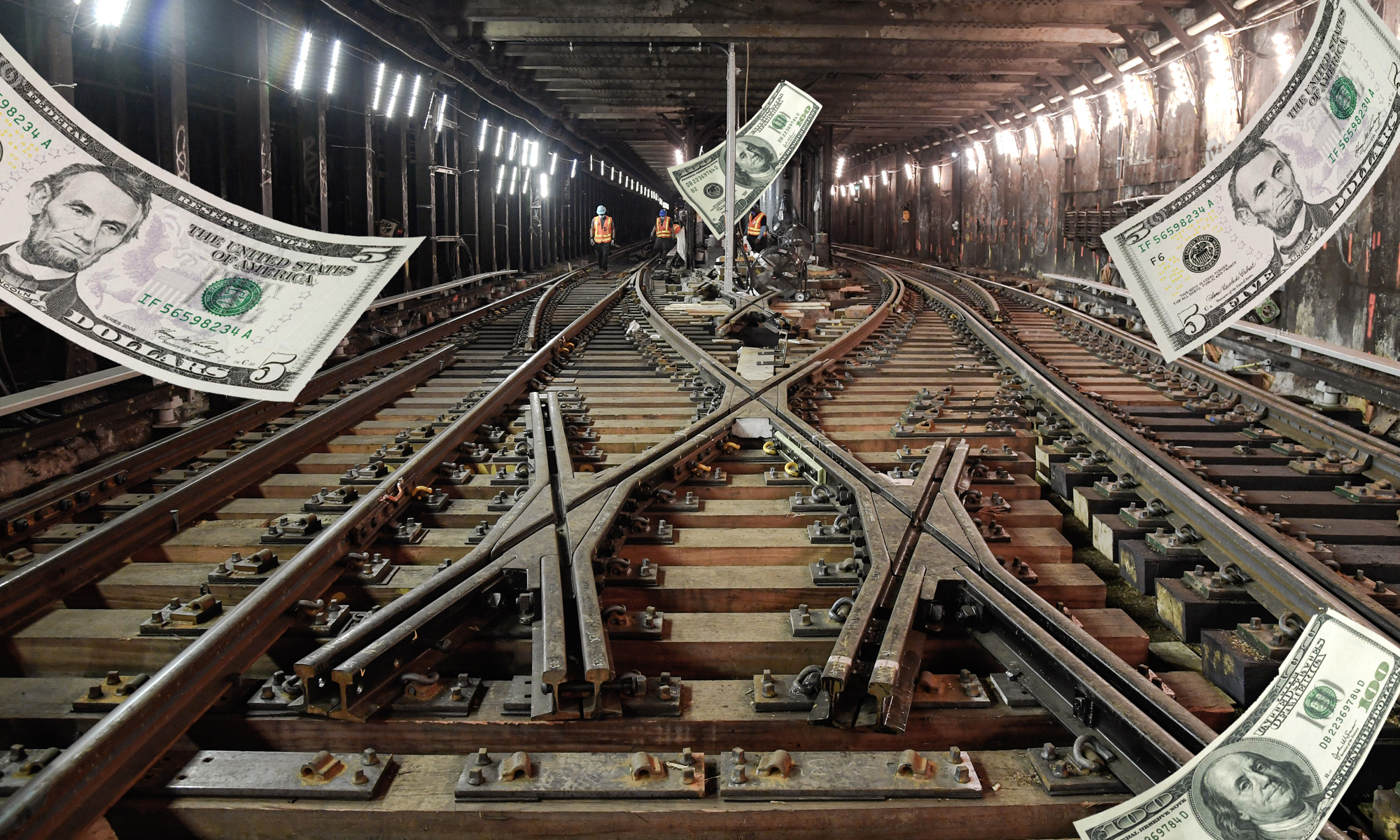Back in his Straight Talkin' days Senator John McCain acknowledged that offshore drilling wasn't a viable solution for America's energy troubles. In 2003, he broke with the Bush Administration and co-introduced legislation to reduce carbon emissions, by, in effect, imposing a price on them. McCain had a reputation for being a politician who told the American people the truth, even when the truth wasn't something that people particularly wanted to hear. But the past few weeks have seen a fundamental change in McCain, writes Elizabeth Kolbert in an outstanding piece in this week's New Yorker:
He has hired new advisers, and with them he seems to have worked out a new approach. He is no longer telling the sorts of hard truths that people would prefer not to confront, or even half-truths that they might find vaguely discomfiting. Instead, he's opted out of truth altogether.
So, what is the hard truth about America's energy predicament? Kolbert goes on:
The Department of Energy estimates that there are eighteen billion barrels of technically recoverable oil in offshore areas of the continental United States that are now closed to drilling. This sounds like a lot, until you consider that oil is a globally traded commodity and that, at current rates of consumption, eighteen billion barrels would satisfy less than seven months of global demand. A D.O.E. report issued last year predicted that it would take two decades for drilling in restricted areas to have a noticeable effect on domestic production, and that, even then, "because oil prices are determined on the international market," the impact on fuel costs would be "insignificant."
If the hard truth is that the federal government can't do much to lower gas prices, the really hard truth is that it shouldn't try to.
With just five per cent of the world's population, America accounts for twenty-five per cent of its oil use. This disproportionate consumption is one of the main reasons that the United States-until this year, when China overtook it-was the world's largest emitter of greenhouse gases. (Every barrel of oil burned adds roughly a thousand pounds of carbon dioxide to the atmosphere.) No matter how many warnings about the consequences were issued-by NASA, by the United Nations, by Al Gore, by the Pope-Americans seemed unfazed. Even as the Arctic ice cap visibly melted away, they bought bigger and bigger cars and drove them more and more miles.
The impact of rising fuel prices, by contrast, has been swift and appreciable. According to the latest figures from the Federal Highway Administration, during the first five months of this year Americans drove thirty billion fewer miles than they did during the same period last year.
Read on...




